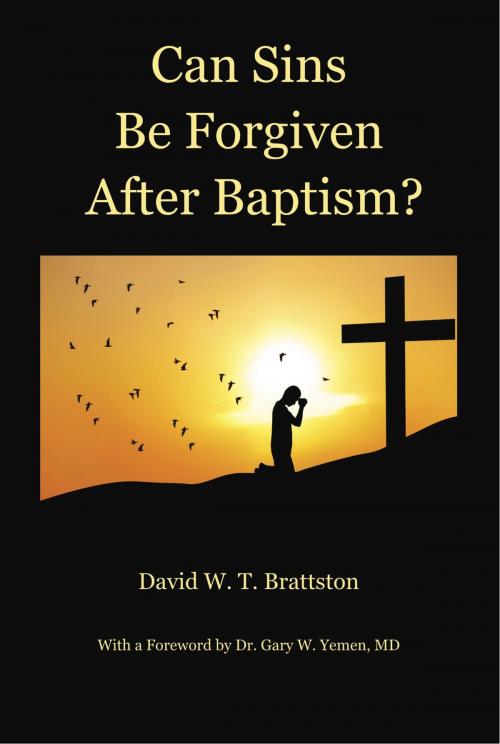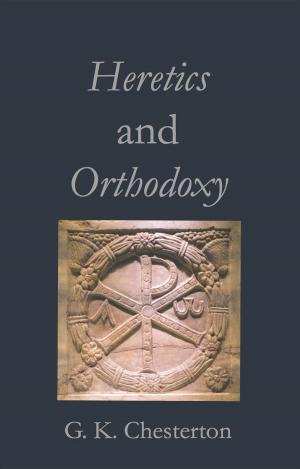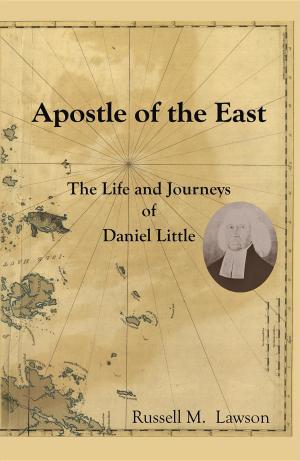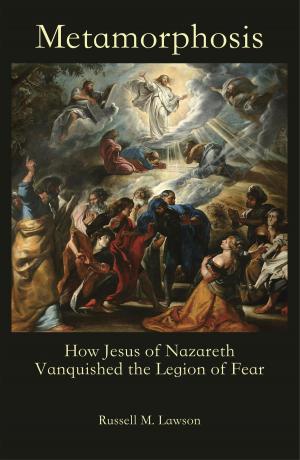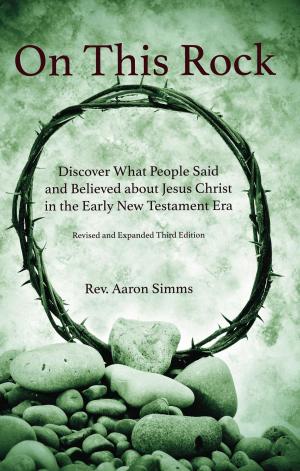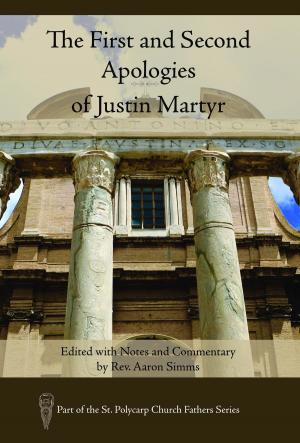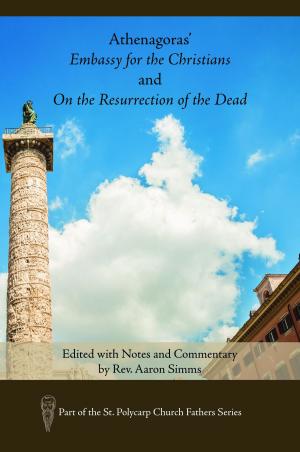Can Sins Be Forgiven after Baptism?
Nonfiction, Religion & Spirituality, Reference, Ritual & Practices, Theology, Christianity| Author: | David W. T. Brattston | ISBN: | 9781950207428 |
| Publisher: | St. Polycarp Publishing House | Publication: | March 6, 2019 |
| Imprint: | St. Polycarp Publishing House | Language: | English |
| Author: | David W. T. Brattston |
| ISBN: | 9781950207428 |
| Publisher: | St. Polycarp Publishing House |
| Publication: | March 6, 2019 |
| Imprint: | St. Polycarp Publishing House |
| Language: | English |
What are we to make of the Biblical book of Hebrews 6:4-6 and 10:26-27? They teach that "it is impossible for those who were once enlightened, and have tasted of the heavenly gift, and were made partakers of the Holy Ghost, 5 And have tasted the good word of God, and the powers of the world to come,6 If they shall fall away, to renew them again unto repentance; seeing they crucify to themselves the Son of God afresh, and put him to an open shame. For if we sin wilfully after that we have received the knowledge of the truth, there remaineth no more sacrifice for sins,27 But a certain fearful looking for of judgment and fiery indignation, which shall devour the adversaries."
Did the people who knew the author of Hebrews, or Christians who had been acquainted with them, understand these passages literally? Did they regard a Christian who sinned after baptism as incapable of regaining his/her salvation? Did early Christians never sin after baptism? What is the unforgivable sin that forever excludes a Christian from the church? Does God even want to save him again? How do good works apply to the doctrine of salvation by faith alone? Is this doctrine even relevant to sins after conversion? Where do penances and confession fit in? You will be surprised at the role repeated sin played among early Christians, and the remedies they possessed for reconciliation.
Can Sins be Forgiven after Baptism? also resolves and harmonizes the rift in theologies between salvation by pure grace through faith alone on the one hand, and, on the other, theologies which require more effort or input by the individual, such as loving obedience or works-righteousness.
The research behind this book draws on Christian writings from before the mass apostasy of AD 249-251, including translations of them not available before 2018.
About the Author
Dr. David W. T. Brattston writes in Lunenburg, Nova Scotia, Canada. He holds degrees from three universities. Over 370 of his magazine and website articles have been published by a wide variety of Christian denominations in every major English-language country. This is his tenth book.
The Foreword was written by Dr. Gary W. Yemen, MD, who has also wrestled with these issues over the years.
What are we to make of the Biblical book of Hebrews 6:4-6 and 10:26-27? They teach that "it is impossible for those who were once enlightened, and have tasted of the heavenly gift, and were made partakers of the Holy Ghost, 5 And have tasted the good word of God, and the powers of the world to come,6 If they shall fall away, to renew them again unto repentance; seeing they crucify to themselves the Son of God afresh, and put him to an open shame. For if we sin wilfully after that we have received the knowledge of the truth, there remaineth no more sacrifice for sins,27 But a certain fearful looking for of judgment and fiery indignation, which shall devour the adversaries."
Did the people who knew the author of Hebrews, or Christians who had been acquainted with them, understand these passages literally? Did they regard a Christian who sinned after baptism as incapable of regaining his/her salvation? Did early Christians never sin after baptism? What is the unforgivable sin that forever excludes a Christian from the church? Does God even want to save him again? How do good works apply to the doctrine of salvation by faith alone? Is this doctrine even relevant to sins after conversion? Where do penances and confession fit in? You will be surprised at the role repeated sin played among early Christians, and the remedies they possessed for reconciliation.
Can Sins be Forgiven after Baptism? also resolves and harmonizes the rift in theologies between salvation by pure grace through faith alone on the one hand, and, on the other, theologies which require more effort or input by the individual, such as loving obedience or works-righteousness.
The research behind this book draws on Christian writings from before the mass apostasy of AD 249-251, including translations of them not available before 2018.
About the Author
Dr. David W. T. Brattston writes in Lunenburg, Nova Scotia, Canada. He holds degrees from three universities. Over 370 of his magazine and website articles have been published by a wide variety of Christian denominations in every major English-language country. This is his tenth book.
The Foreword was written by Dr. Gary W. Yemen, MD, who has also wrestled with these issues over the years.
